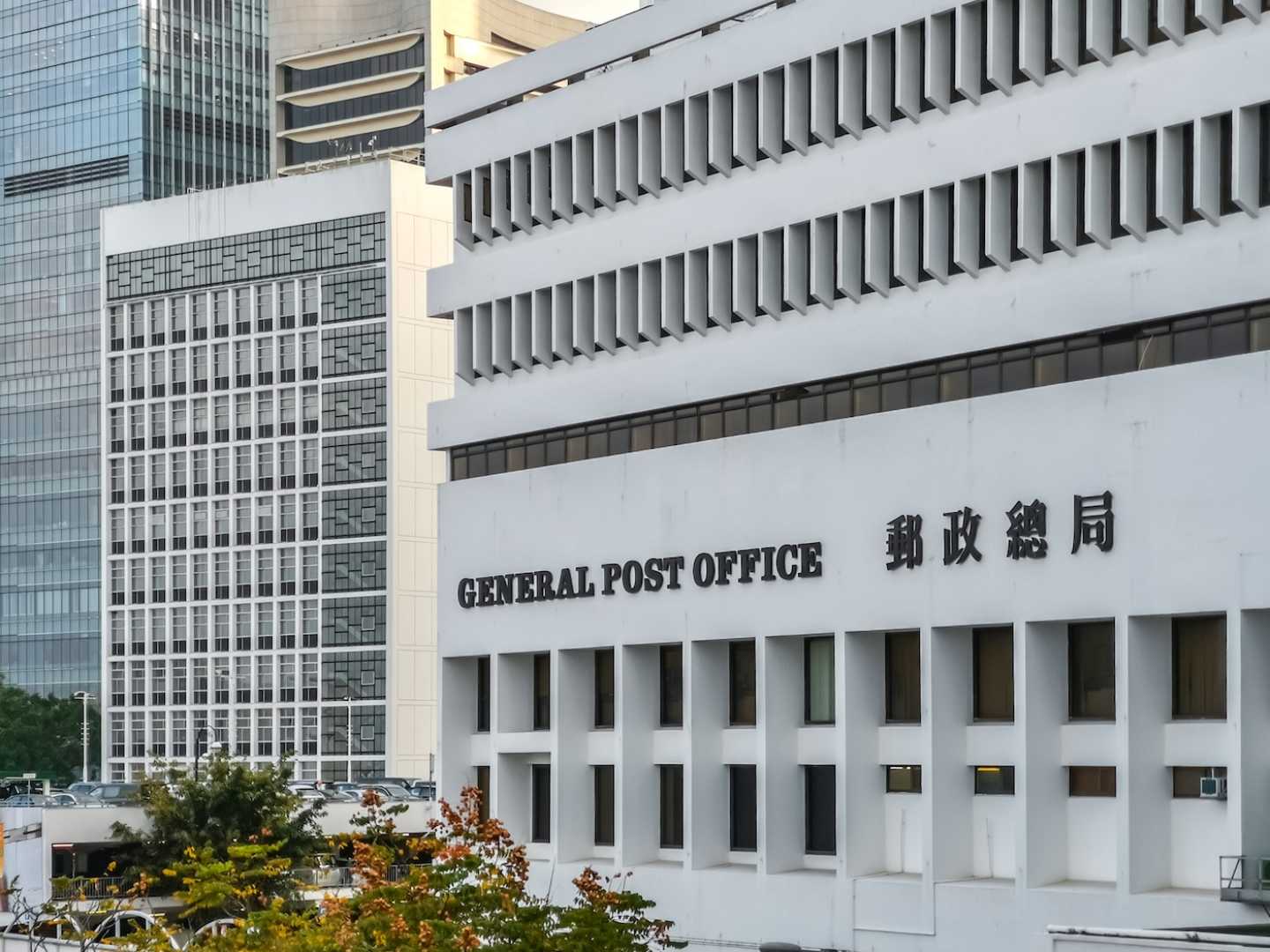Business
Hong Kong Suspends U.S.-Bound Package Deliveries Amid Trade War Tensions

HONG KONG — Hong Kong’s postal service has announced it will suspend the handling of packages coming from or going to the United States, a move that intensifies the ongoing trade war between Washington and Beijing. This decision, effective immediately for sea mail and starting April 27 for air mail, stems from recent tariff hikes imposed by the U.S. government.
Hongkong Post stated on Wednesday that the suspension follows U.S. President Donald Trump‘s controversial decision to eliminate the de minimis exception for packages sent from Hong Kong to the U.S. This exemption allowed shipments valued at $800 or less to enter the U.S. duty-free. “The U.S. is unreasonable, bullying and imposing tariffs abusively,” the statement declared. “The public in Hong Kong should be prepared to pay exorbitant and unreasonable fees due to the U.S.’s unreasonable and bullying acts.”
The impact of this decision means that individuals and companies in Hong Kong will have to turn to private couriers such as FedEx and DHL for package deliveries, leading to increased costs for consumers already burdened by U.S. tariffs. The postal service noted that items containing only documents, such as letters, would not be affected by this suspension.
Trump recently signed an executive order that raised tariffs on goods valued at $800 or less from China, which includes Hong Kong, stating that retailers were using the exemption to sidestep import taxes and customs checks. Initially set to expire, these goods were scheduled to face a 30% tariff beginning May 2. However, the latest executive order increased the rates to an unprecedented 120%, effectively imposing a cost of $100 per postal item starting May 2, rising to $200 by June 1.
Hong Kong has long been regarded as a free trading hub, charging minimal import levies and having no sales tax. However, the U.S. rescinded its special trading status with the territory in 2020 due to concerns over political freedoms amid a crackdown by Beijing. This action placed Hong Kong on the same tariff schedule as mainland China, subjecting it to a hefty 145% tariff on exports to the U.S.
In a response to escalating tensions, Hong Kong’s leader, John Lee, condemned the U.S. actions. “The United States’ reckless crackdown on China and Hong Kong has become a frenzy,” Lee said during a televised address. “They use trade as a weapon to impose a so-called reciprocal tariff of 145% on Hong Kong… This not only shows that the U.S. is full of fallacies but also demonstrates the true face of the U.S.’ self-proclaimed hegemony.” Lee confirmed that Hong Kong intends to file a complaint with the World Trade Organization regarding U.S. tariffs, echoing earlier claims made by China about violations of WTO regulations.
As the situation continues to evolve, Hong Kong finds itself increasingly entangled in the ongoing trade dispute between the U.S. and China, which has seen both countries imposing retaliatory tariffs in response to earlier measures. The repercussions of these trade policies are likely to affect businesses and consumers on both sides.












